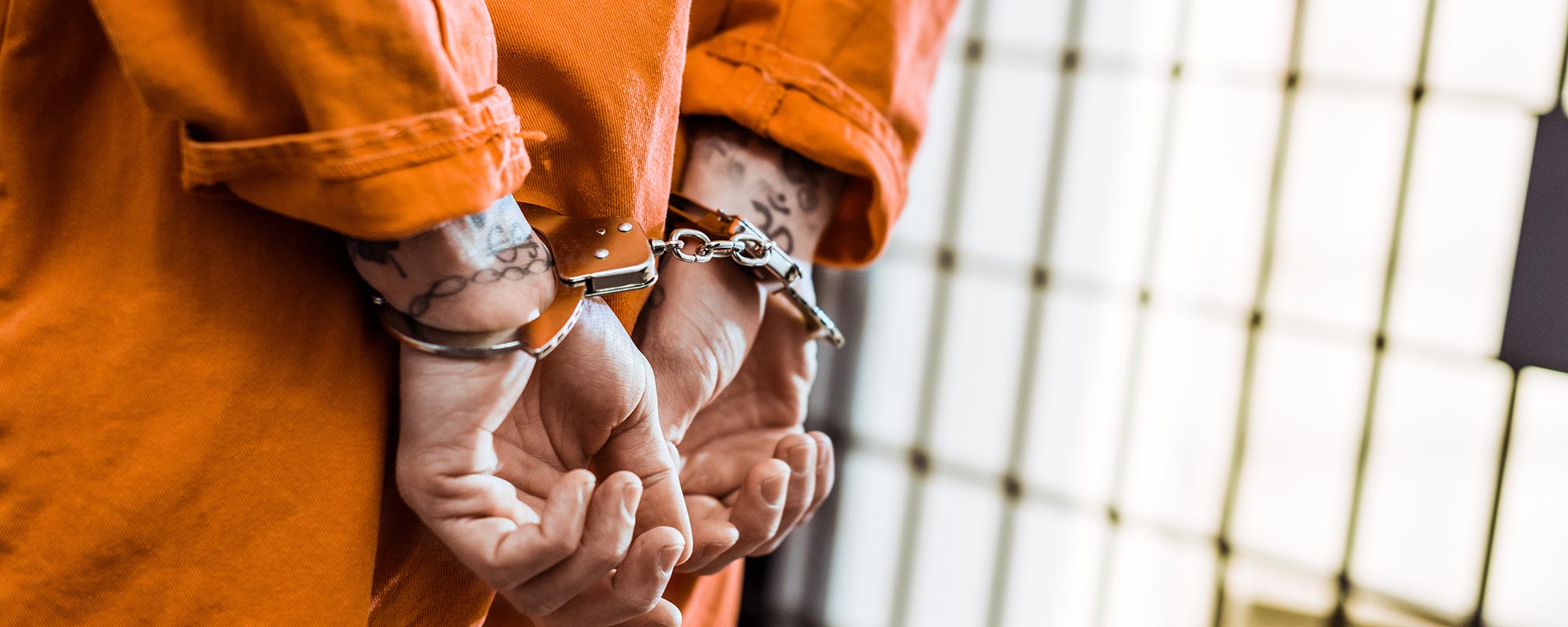Canada must protect those who are often forgotten in a crisis: legally innocent people held in detention in our jails awaiting bail hearings or trials; immigration detainees who have committed no offence; and prisoners in our correctional facilities. Now more than ever, chronic prison problems are escalated. Being locked up means overcrowded conditions, heightened risk of infectious diseases, little to no healthcare, and the near impossibility of socially distancing. This is exactly when our Constitution requires governments to step up to treat everyone humanely. CCLA therefore urges the federal government of Canada, and every provincial and territorial government, to take the following measures to enhance the safety of individuals in custody, of correctional staff including healthcare staff in these institutions, and of their families and communities:
- Use existing legal tools to reduce the prison population through conditional releases, compassionate releases, and other discretionary measures. Every release from confinement will alleviate over-crowding, avoid the spread of infection when the virus reaches penal institutions, and protect the innocent families and communities to which detainees and inmates will return. o Be guided by public health professionals, by science not fear, and respect our Constitution;
- Take humane measures to mitigate the clear danger that penal institutions can become high risk breeding grounds for virus outbreak;
- Release emergency protocols to the public for transparency and accountability – and engage these protocols to increase healthcare staff and supplies, as well as food and other provisions in these facilities;
- Exercise quasi-judicial authority to drop charges where it is in the public interest, which includes public health pandemic.
In particular: stop overfilling prisons, and start releasing the releasable:
- release immigration detainees who do not pose a risk to the public;
- provide for the discretionary release of individuals who do not pose a risk to the public and are elderly, sick or otherwise immuno-compromised, or pregnant, those who have children or family members who need them present, and persons who are close to the end of their sentences so that they can return to society in good health.
- all police and prosecutors should be encouraged, with support from their governments, to put public health ahead of fear, and exercise their discretionary authority as follows:
- release those charged at the scene, consistent with the current law of bail, absent a severe, evidence-driven risk of flight for very serious charges; and,
- consent to releases during bail hearings on the same grounds; comply with the law of bail: seek detention as a last resort measure for instances of actual evidence of flight risk and only for very serious indictable offences
- conduct timely, fair hearings using available technology, even telephones, for the purpose of granting release with minimal and flexible conditions, parole, probation, and other forms of release into the community; and
- encourage the relaxing of unnecessarily strict application of evidence and procedural bars to facilitating the release of people.
- Maintain safe, healthy and humane conditions of confinement for those that remain incarcerated – and keep records about healthcare, measures taken to prevent infection, infection rates, supplies and provisions, lockdowns, segregation, other forms of isolation, and data about the individuals affected.
- Considering the harms of isolation and people’s need for information, maintain programming and connect detainees and inmates with their loved ones through free phone calls and online chats. These are particularly important to individuals’ well-being and mental health now that visits in prisons have been suspended;
- Assist individuals released by facilitating safe transportation to residences, especially if these are in remote locations, and help secure for them safe, affordable shelter or housing, but do not permit the absence of a perfect release plan to otherwise prevent a release. Living in uncertainty has become the new normal for all Canadians
About the Canadian Civil Liberties Association
The CCLA is an independent, non-profit organization with supporters from across the country. Founded in 1964, the CCLA is a national human rights organization committed to defending the rights, dignity, safety, and freedoms of all people in Canada.
For the Media
For further comments, please contact us at media@ccla.org.




